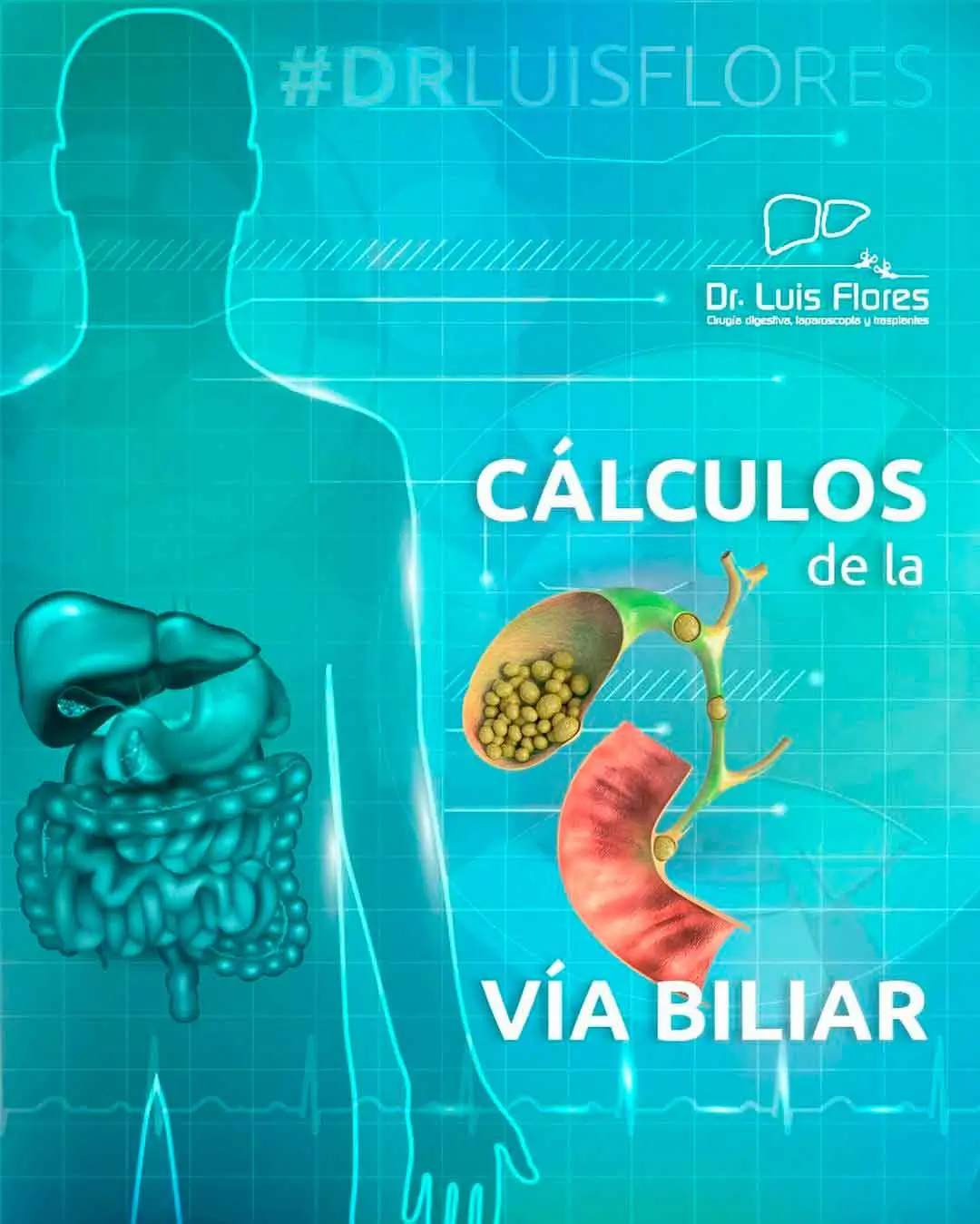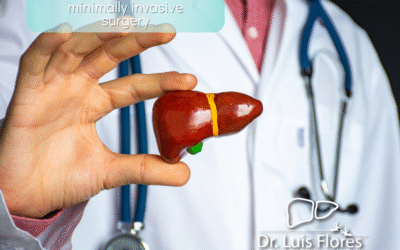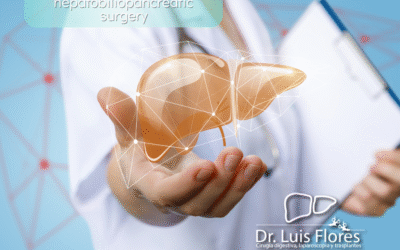Introduction
Gallstones are solid deposits that form in the gallbladder, a small organ located beneath the liver. While many people may have gallstones without showing symptoms, these stones can cause serious health problems if they block the flow of bile. In this article, we’ll explore what causes gallstones and how they can affect your health.
What Causes Gallstones?
Excess Cholesterol in the Bile
One of the most common causes of gallstones is an excess of cholesterol in the bile, a substance produced by the liver that helps digest fats. When the liver excretes too much cholesterol and the bile cannot dissolve it completely, the cholesterol can crystallize and form stones.
Imbalance in Bile Components
Bile also contains bilirubin, a substance produced when red blood cells break down. Certain conditions, such as cirrhosis or specific infections of the biliary tract, can cause an excess of bilirubin, contributing to the formation of gallstones. Additionally, an imbalance in the proportion of bile salts can also lead to stone formation.
How Gallstones Can Affect Your Health
Abdominal Pain and Biliary Colic
One of the most common symptoms of gallstones is abdominal pain, especially after eating fatty foods. This pain, known as biliary colic, can be intense and last from a few minutes to several hours. It occurs when a gallstone blocks one of the bile ducts, preventing the normal flow of bile.
Serious Complications
If untreated, gallstones can lead to serious complications such as cholecystitis (inflammation of the gallbladder), pancreatitis (inflammation of the pancreas), and cholangitis (infection of the bile ducts). These conditions may require urgent medical treatment, including surgery to remove the stones or the gallbladder.
Prevention and Treatment
Lifestyle and Diet
To prevent gallstones, it is advisable to maintain a healthy weight, avoid low-calorie diets, and exercise regularly. A diet high in fiber and low in saturated fats can also reduce the risk of developing stones.
Medical Treatment
If you already have gallstones and are experiencing symptoms, treatment options range from medications to dissolve the stones to more invasive procedures such as cholecystectomy, which is surgery to remove the gallbladder. It’s essential to consult a digestive health specialist to receive an appropriate diagnosis and treatment.
Conclusion
Gallstones can be a silent condition but can also cause painful symptoms and severe complications if left untreated. Understanding the causes and risk factors can help you take preventive measures to keep your biliary health in check. If you experience abdominal pain or other related symptoms, don’t hesitate to seek medical attention for evaluation. Discover More!!





